JAPANESE train builder Hitachi is to design, build and maintain up to 1,400 coaches in a £7.5 billion deal with the Department for Transport.
Hitachi and partners Barclays and John Laing are now working towards signing the full deal, after Transport Minister Andrew Adonis announced that the three - in a consortium called Agility Trains (AT)- were preferred bidder for the DfT’s Intercity Express Programme (IEP), now dubbed Super Express Train (SET) and capable of 125mph. DfT sources suggested it was financing arrangements that were holding back the deal, which should be signed within a year.
Adonis said the new trains would be faster, greener, more flexible and cheaper to run than the High Speed Trains (built 1976-1985) and Class 91s (built 1988-91) and Mk 4 coaches (built 1989-92) they would replace from 2013. Adonis explained that the trains would have higher acceleration than today’s trains, allowing them to trim 12 minutes from an East Coast London-Edinburgh trip and 10 minutes from a Great Western London-Bristol. He also expects them to be used on London-Cambridge and West Coast services from London to Northampton.
DfT said that train operators would not be forced to use IEP. It will give AT a 20-year usage guarantee for the trains and then treat any bids that propose using different trains as an extra cost, which makes it less likely a bid using different trains would win.
DfT expects that East Coast will receive 560 vehicles (equivalent to 56 ten-car rakes), Great Western 700 vehicles (70 rakes) and West Coast 140 vehicles (14 rakes). Currently National Express East Coast uses 30 Class 91/Mk 4 sets and 13 HST sets while First Great Western uses 53 HST rakes.
AT will own the trains and receive payments from TOCs using them. It will be paid according to the number of trains available for service in a ‘power by the hour’ deal. DfT said AT’s contract with it would contain variation mechanisms to change the number of sets needed, so that it was not paid for trains sitting idle in depots.
AT Chief Executive Alistair Dormer said Hitachi (for whom he is European general manager) would build completely the first 70 vehicles in Japan. The bodyshells for the remaining trains would be built in Japan using robots and 20 workers, and then shipped to Britain to have their equipment installed. This would take place at one of three sites, with Hitachi yet to choose between Gateshead, Sheffield and Ashby-de-la-Zouch. The plant would be capable of assembling 30 vehicles per month, he said.
It is this assembly, and the trains’ maintenance and funding over the next couple of decades, that allowed government to claim that 70% of the contract’s value would be spent in Britain. With government facing criticism over rising unemployment, Adonis said the deal would create 2,500 construction and engineering jobs and secure up to another 10,000 jobs indirectly. Dormer said the new factory would employ 200-500 people. He said a third of the spending on building the trains would come to Britain, with a third to Japan and the other third to the rest of the world.
Rail union RMT criticised the deal, and wanted to know why it had not gone to Bombardier’s Derby factory. Adonis said the two bids were comparable in terms of British jobs, but added that Britain would receive a second train building plant as a result of Hitachi’s win.
Hitachi hopes to use a British plant as a springboard into winning deals to provide trains for other European operators.
- This news feature was originally published in RAIL 612, on 25 February 2009

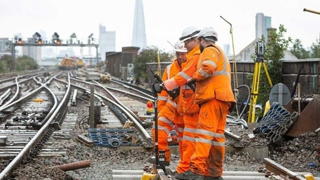
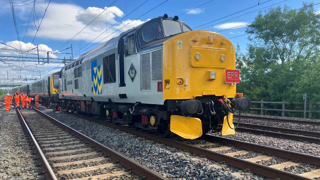
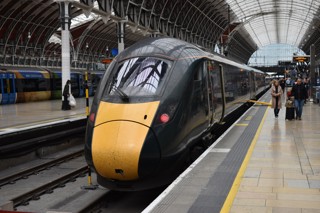
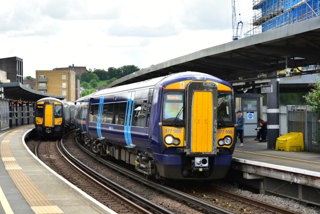
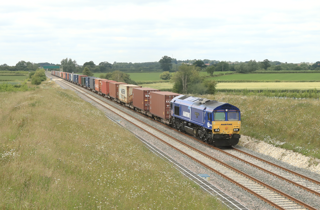










Login to comment
Comments
No comments have been made yet.